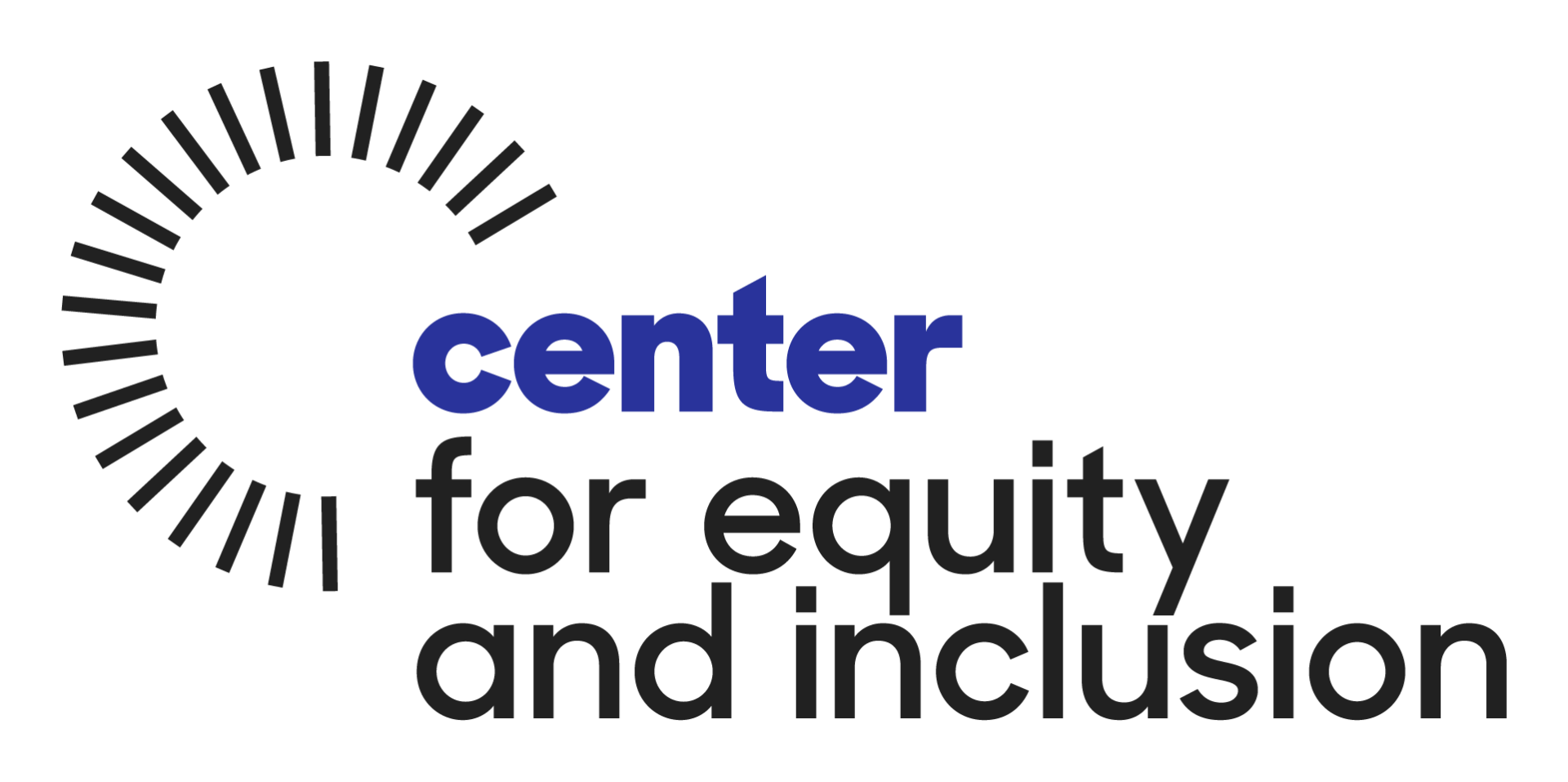What drives some men to rally behind polarizing figures who defy norms, threaten inclusivity, and use power in ways that stall societal progress?
The answer often lies beneath ideology, in a deep-rooted cultural framework shaped by patriarchy.
Many men are conditioned to value leadership through three core roles:
Provide, Protect, Punish
These roles aren’t just personal expectations. They’re baked into how society has long defined strength, value, and masculinity. When someone like Donald Trump channels these traits, regardless of actual outcomes, it resonates. It feels like leadership.
But as workplaces evolve, these old cues are colliding with the demands of inclusive, people-centered leadership.
The “Three P’s” of Patriarchal Leadership
Even when unspoken, these archetypes shape how leadership is perceived:
Provide
The leader as breadwinner. Seen as someone who ensures security, economic or otherwise. This can look like promises of job growth or national strength, even when the delivery is questionable.
Protect
The leader as defender. Rallying against “threats,” real or symbolic, often appeals to those primed to value strength through opposition, not collaboration.
Punish
The leader as enforcer. Strength gets conflated with dominance, discipline, or “calling people out.” These traits can feel reassuring to those who equate accountability with control.
Why It Matters in the Workplace
These ingrained ideas don’t just play out in politics, they show up in performance reviews, promotion decisions, and team dynamics.
But here’s the rub:
The future of leadership doesn’t demand less accountability or excellence, it demands more effective, human-centered approaches to both
What Inclusive Leadership Actually Requires
Inclusive leadership isn’t about “being nice” or creating a feel-good culture at the expense of results. It’s about building systems and relationships that are more effective because they’re built on trust, clarity, and collaboration.
Here’s how we shift from patriarchal conditioning to people-first leadership:
Empower Over Control
Strong leaders don’t hoard power, they multiply it. They create clarity, uplift others, and listen deeply. Their success is measured by how many people succeed around them.
Redefine Strength
Dominance isn’t the only kind of strength. Emotional intelligence, adaptability, and the ability to admit gaps in knowledge signal real confidence, especially when leading diverse teams.
Relational Accountability Over Punishment
Holding people to high expectations doesn’t require fear-based cultures.
Instead of punishing missteps, inclusive leaders ask:
What did we learn? How do we grow from this? What supports success going forward?
DEI as a Tool for Leadership Evolution
DEI isn’t a side project, it’s a mechanism for changing how we define leadership itself.
Programs like empathy-based coaching, leadership pipelines centered on representation, and accountability frameworks help leaders unlearn outdated norms and practice more sustainable approaches.
The result? A workplace that gets better outcomes, not by force, but by buy-in
The Business Case: Inclusion as a Competitive Advantage
Let’s be clear:
This isn’t about trust falls and being best friends.
It’s about leading in a way that delivers better decisions, stronger teams, and more sustainable performance.
At The Center Consultancy, we help organizations move from default leadership patterns to intentional, inclusive practices.
Our programs support leaders in:
- Unpacking biases and blind spots
- Learning tools to navigate difference and conflict
- Building cultures of trust and accountability
The shift from patriarchal cues to inclusive leadership isn’t just good for morale, it’s strategic.
It's how teams win.
Ready to redefine leadership?
Let’s build cultures where power is shared, people are seen, and results follow.
Explore our inclusive leadership programs and start building workplaces where everyone thrives. Together, we can lead the change.



